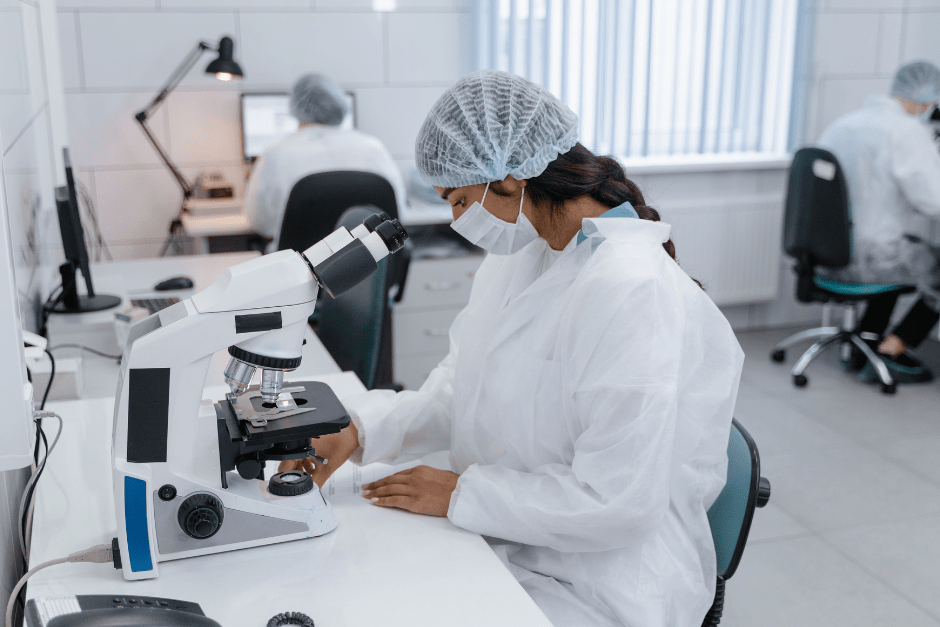The new article highlights the aspects related to the safety measures to be introduced by study sponsors, as well as the way adverse events associated with a medical device in question should be reported to the authority.

Table of Contents
The Swiss regulating authority in the sphere of healthcare products (Swissmedic) has published an information sheet dedicated to performance studies involving in vitro diagnostic (IVD) medical devices. The document describes in detail the approach to be applied with respect to such studies in order to ensure compliance with the applicable regulatory requirements. In particular, it provides additional clarifications and recommendations to be taken into consideration by medical device manufacturers, study sponsors, and other parties involved. At the same time, provisions of the guidance are non-binding in their legal nature, nor are intended to introduce new rules or impose new obligations. The authority also reserves the right to make changes to the guidance and recommendations provided therein, should such changes be reasonably necessary to reflect corresponding changes to the underlying legislation.
The document describes in detail the requirements to be followed with respect to different types of studies depending on the risks associated thereto and outlines the key aspects to be taken into consideration by study sponsors.
Safety Matters: Risks and Safety Measures
First of all, the authority emphasizes an obligation of a study sponsor to submit information about new circumstances that have the potential to affect the safety of study participants, together with the details on the safety and protective measures introduced by a study sponsor in response.
At the same time, it is important to mention that overall risk mitigation is a joint responsibility of a study sponsor and a clinical investigator conducting the trial. Both the aforementioned parties shall duly take all the measures necessary to ensure the safety of study participants without undue delay. However, the reporting obligations are currently with the study sponsor. In terms of reporting, the following timeframes apply:
- 2 days for reporting additional measures introduced in response to newly identified risks;
- 24 hours in case of a suspension or termination of a clinical investigation on safety grounds.
As further explained by the authority, reporting obligations apply to the following situations:
- Device deficiencies requiring measures;
- Previously underestimated risks, safety-related measures or modifications of the CPSP in Switzerland or abroad (includes modifications agreed upon with foreign authorities or ethics committees or those imposed by them);
- Temporary halt or early termination on safety grounds in Switzerland or abroad.

Serious Adverse Events
The document also pays attention to serious adverse events (SAEs) and device deficiencies identified during the clinical study.
Under the general rule, study sponsors are obliged to keep complete records regarding adverse events associated with the medical device subject to review, and also on its deficiencies. Moreover, in case of severe unexpected events resulting in study participants being exposed to significant risks, a sponsor should take all the measures necessary to ensure the safety including, inter alia, temporary suspension of a study, while the authority and/or ethics committees may request the appropriate records to be provided.
At the same time, the authority additionally emphasizes that for adverse events and serious adverse events, in spit of similar terminology, different sets of criteria must be used in performance studies with IVD versus clinical investigations with medical devices or clinical trials of medicinal products. Apart from that, the staff involved in clinical trials should complete the appropriate training.
In accordance with the applicable regulations, adverse events (AE) and device deficiencies must be recorded by the investigator on the case report forms (CRFs). The authority mentions that the data contained in the said forms should be sufficient to comply with the respective reporting obligations. In the case of pre-market interventional performance studies, the aforementioned forms related to deficiencies identified should be submitted within 24 hours to 3 days, while the device in question should be returned for further examination.
A sponsor as a party responsible for a clinical investigation should closely monitor the situation and analyze the information obtained in order to be able to identify the new risks arising and take appropriate actions to make sure these risks are duly mitigated. In most cases, a temporary suspension will be required in order to give a sponsor additional time to conduct an investigation.
According to the guidance, the events that meet the reporting criteria include the following ones:
- Any serious adverse event in Switzerland or abroad that has a causal relationship with the IVD for performance study, the comparator or study procedures or where such causal relationship is reasonably possible (i.e., serious and not obviously unrelated to the study);
- Any device deficiency with an SAE potential noted in Switzerland or abroad;
- Any new findings in relation to events above.
Should the event in question meet any of the abovementioned criteria, it should be reported to the authority within 7 days.
As further explained by the authority, when determining whether the event meets the reporting requirements, a study sponsor should take into consideration the seriousness of the event and the impact it could have on the study in general. Should it be caused by a device deficiency, the appropriate report on the deficiency should be submitted to the authority, containing all the important information about the issue.
In summary, the present information sheet issued by Swissmedic provides additional clarifications regarding the approach to be followed by study sponsors in order to mitigate the newly identified risks associated with an IVD product in question. The document also describes in detail the applicable reporting requirements related to adverse events that may take place in the course of the investigation.
How Can RegDesk Help?
RegDesk is a next-generation web-based software for medical device and IVD companies. Our cutting-edge platform uses machine learning to provide regulatory intelligence, application preparation, submission, and approvals management globally. Our clients also have access to our network of over 4000 compliance experts worldwide to obtain verification on critical questions. Applications that normally take 6 months to prepare can now be prepared within 6 days using RegDesk Dash(TM). Global expansion has never been this simple.

